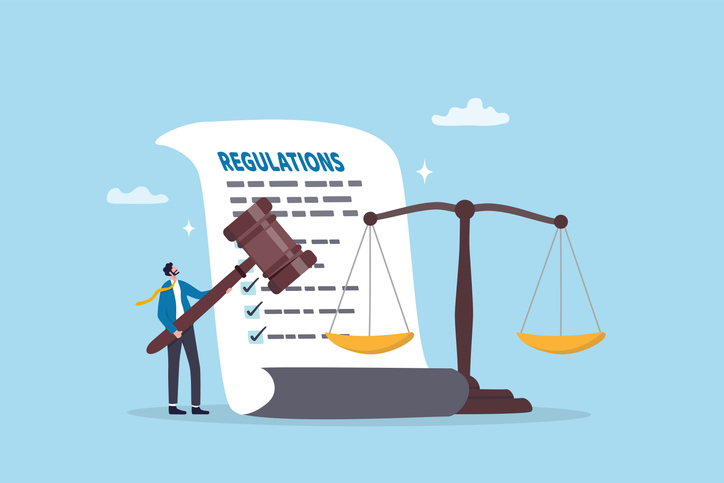When you’re considering career as a consultant, you might be wondering where to start when it comes to money and what you charge people. What do you need to consider to ensure you’re at the very least breaking even while pursuing your career? In this piece, The Consultant Hub takes you through what to keep in mind when you’re reviewing your consultancy fees and charges as a consultant.
Protecting yourself financially
When moving into a self-employed consultancy role, there’s a lot that separates it from working in a conventional office as part of an existing company. No matter what your background, prior experience or skillset is, the contrast could feel a little jarring.
Even though you’ll be charting your own course and generally be responsible for your own success, you also want to make sure you’re prepared for the distant future financially.
Consider setting up an individual pension scheme that you can pay into. It might not seem like much at the start, but over time it will build up and leave you with a reasonable safety net for your retirement down the line.
You should also consider things such as professional indemnity insurance to protect yourself in the event of a client taking action against you for whatever reason. Even if you never need it, the protection it provides can be enough to keep your business going even in a worst-case scenario.
Essentially, when you’re working out the fees you should charge, vital considerations such as these should always be at the forefront of your mind. Discuss your situation with insurance companies and pension providers to figure out how much they will affect what you should charge.
One thing you could do is to spend one month rigorously detailing all of your outgoings and expenditures. Knowing exactly what you have to spend monthly for food and accommodation gives you a good baseline for what your minimum earnings should be.
Office-based or home-based?
Another consideration that can affect what you charge is whether or not you’ll work in an office. If working from home, you won’t have to factor in additional costs on top of what you already pay for your home rent or mortgage and bills. However, working in an office can help with motivation, networking and meeting with clients.
What’s your background?
One useful rule of thumb when it comes to deciding what you charge is by working it out based on your previous salary within your industry. For example, if you were earning £50,000 annually beforehand, then a good benchmark for your day rate would be to charge £500 for your services.
This is also why creating a budget based on your outgoings is so important. It lets you easily see at what point you become profitable as a consultant, and also allows you a degree of freedom when it comes to deciding when you choose to work.
Lifelong learning and additional costs to cover?
Think about the things you’ll be doing that you won’t be getting paid for. For example, to stay at the peak of the industry, you’ll occasionally want to take part in conferences, events and workshops that keep your skills sharp, but take up some of your valuable time. Even though you aren’t getting paid, frequent training is useful to show that you’re always developing and improving yourself as a consultant.
Another interesting aspect to consider would be purchasing access to a database of people who you can contact. You many only get a handful of successful clients out of the process, but that’s still potentially a significant increase to the money that you’ll be bringing in.
Similarly, how will potential clients contact you? Spending some money to create and maintain an effective website will help people find out about you, and may convince them to open communications with you, potentially leading you to new clients and increased cash flow.
Will you be responsible for your accounting needs, or would you rather pay a fee to a professional accountant who can handle all your financial needs, which in turn, frees up a great deal of your time to focus on business development, reaching out to new clients, and furthering relations with existing clients?
Understanding your value, in terms of your skillset, and balancing that against what you need to survive and eventually generate profit is crucial. Understanding this is the first step down the path of a successful and lucrative career in consultancy.





